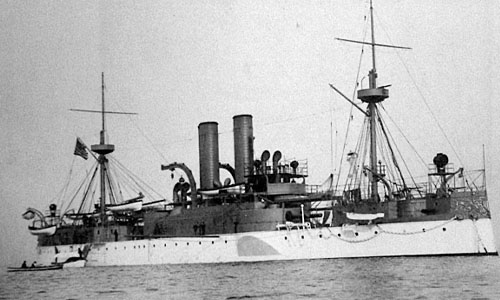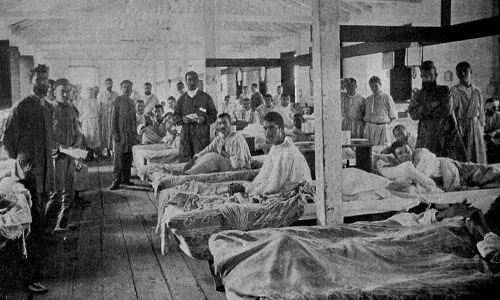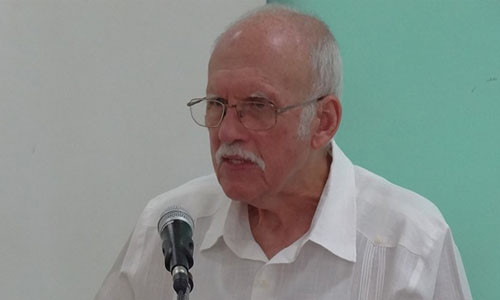Let Them Eat Missiles
*By Paulina Zelitsky, P.Eng. “Russian support is requested by Latin American countries, where there is a threat of drug-related terrorism and color revolutions,” stated Russian Defense Minister Army General Sergei Shoigu at the Moscow Conference on International Security held in Moscow on June 23-24 of 2021 attended by about 700 delegates from 109 countries, including […]
Let Them Eat Missiles Leer más »





